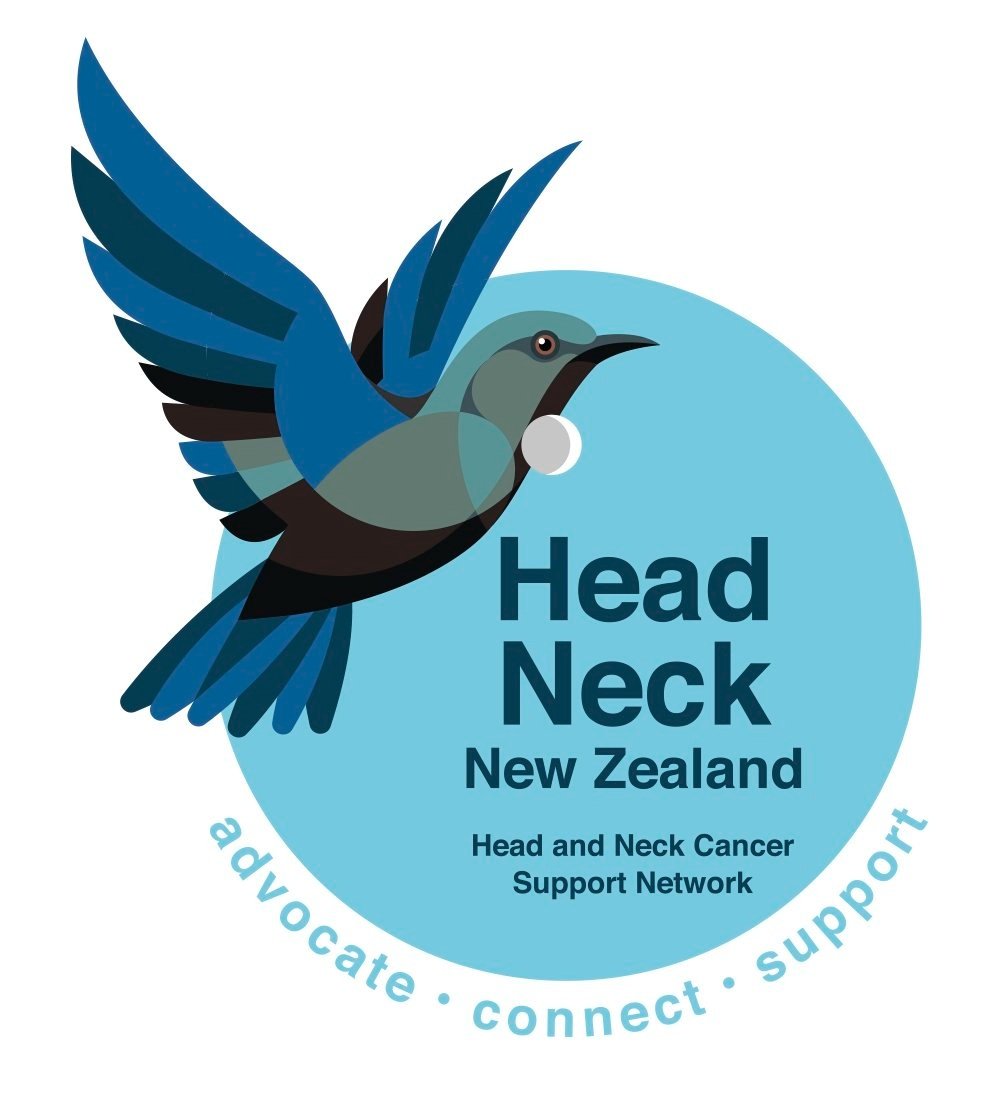Shedding Light on Head and Neck Cancer: A Call to Awareness on World Cancer Day 2024
Head and Neck Cancer Support Network
500-550 New Zealanders will be diagnosed with head and neck cancer in 2024.
Find out more below
4 February 2024 World Head and Neck Cancer Day
As the Head and Neck Cancer community observes World Cancer Day in 2024 on 4 February, it is crucial to shine a spotlight on the 0.01% of Kiwis who will face the daunting diagnosis of head and neck cancer this year. Head and neck cancer is a relatively rare but life-altering condition that demands our attention, understanding, and support.
Today we will delve into what head and neck cancer is, its signs and symptoms, and the importance of early detection and awareness of people in Aotearoa New Zealand. 500-550 people will join the exclusive head and neck cancer club this year. Will you be one of them?
Understanding Head and Neck Cancer:
Head and neck cancer encompasses a diverse group of cancers that can develop in various parts of the head and neck region, including the oral cavity, throat, larynx, nasal cavity, and salivary glands. The majority of cases are squamous cell carcinomas, which originate in the cells lining the mucosal surfaces of these areas. Though considered rare compared to other types of cancer, the impact on individuals and their families is profound.
Signs and Symptoms:
Persistent Sore Throat:
One of the early signs of head and neck cancer is a persistent sore throat that doesn't seem to improve with time or conventional treatments. Individuals experiencing this symptom should consult a healthcare professional for further evaluation.
Difficulty Swallowing (Dysphagia):
As the cancer progresses, it may affect the normal functioning of the throat, leading to difficulty swallowing. This can manifest as discomfort or pain during swallowing and may be accompanied by unintentional weight loss.
Changes in Voice:
Cancer affecting the larynx (voice box) can lead to changes in the voice, such as hoarseness or a noticeable alteration in pitch. If these changes persist for an extended period, it's important to seek medical advice promptly.
Lumps or Sores:
Any unusual lumps, sores, or growths in the mouth, neck, or throat should be examined by a healthcare professional. While these symptoms may be caused by various conditions, early detection is critical for proper diagnosis and treatment.
Ear Pain:
Head and neck cancer can sometimes cause referred pain to the ears. Persistent ear pain without an apparent cause should be investigated to rule out potential underlying issues.
Unexplained Weight Loss:
Sudden and unexplained weight loss is a concerning symptom that may be associated with various cancers, including head and neck cancer. This warrants a thorough medical evaluation to determine the underlying cause.
Importance of Early Detection and Awareness:
Early detection is paramount in improving the prognosis and treatment outcomes for individuals diagnosed with head and neck cancer. Routine screenings, especially for individuals with risk factors such as tobacco and alcohol use, can contribute to the early identification of abnormalities. Additionally, spreading awareness about the signs and symptoms of head and neck cancer can empower individuals to seek timely medical attention, potentially leading to more successful treatment interventions. Head and Neck Cancer Support Network Chair, Diana Ayling, says, “Your General Practitioner (GP) and your dentist can both screen you for head and neck cancer.”
Conclusion:
On 4 March 2024 World Cancer Day, let us unite in our commitment to raise awareness about head and neck cancer. By understanding the signs and symptoms and advocating for regular screenings, we can contribute to the early detection and improved outcomes for those facing this challenging diagnosis. Together, we can support the 0.01% of New Zealanders grappling with head and neck cancer this year and strive towards a future where the impact of this disease is minimised through awareness, education, best possible treatment, care and support, and research. As Diana Ayling says, “Don’t forget to book an appointment with your GP and/or dentist for a head and neck screen in 2024. It could save your life.”
If you have any questions or queries related to signs or symptoms of head and neck cancer please phone Healthline 0800 611 116
If you want to know more about the signs and symptoms of head and neck cancer you can find out more here (HNCA) https://www.headandneckcancer.org.au/
If you want support as a member head and neck community, we have the group for you. You can join us. https://www.facebook.com/groups/headnecknz If you want to contact the Head and Neck Cancer Support Network send an email Headandnecknetwork@gmail.com
If you want to subscribe to our website click here. https://www.headandneck.org.nz/subscribe
#headnecknz


